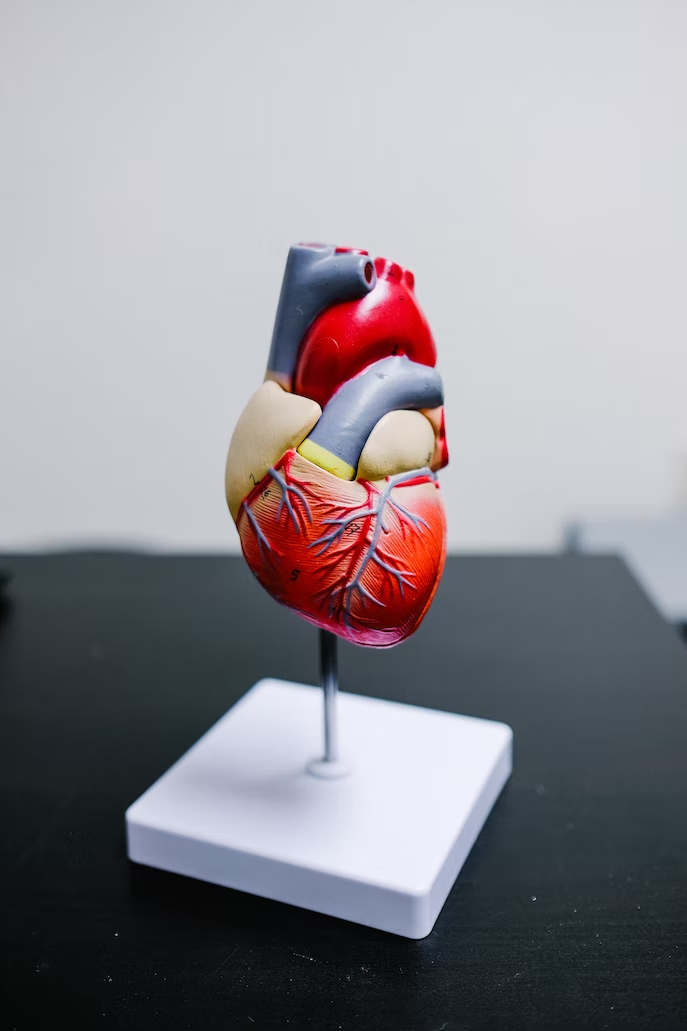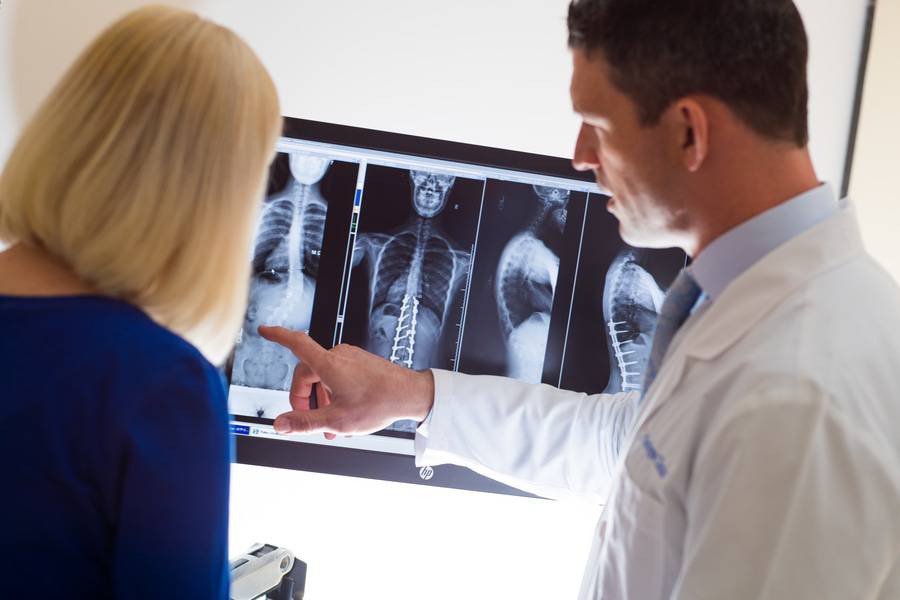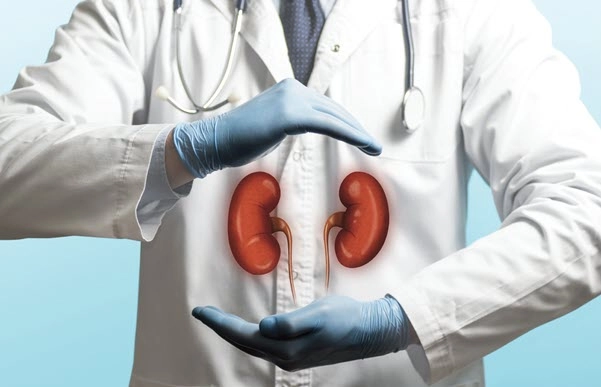Surgery
- All





KNEE REPLACEMENT
Knee replacement, also known as knee arthroplasty, is a surgical procedure used to replace a damaged or diseased knee joint with an artificial joint, known as a prosthesis. This procedure is commonly performed to relieve pain and improve function in individuals with severe knee arthritis or other conditions that have caused significant damage to the knee joint.



NEUROLOGICAL (BRAIN) SURGERY
Neurological surgery, known in common parlance as brain surgery, is the medical specialty concerned with the prevention, diagnosis, surgical treatment, and rehabilitation of disorders which affect any portion of the nervous system including the brain, spinal cord, central and peripheral nervous system, and cerebrovascular system.

.webp)
